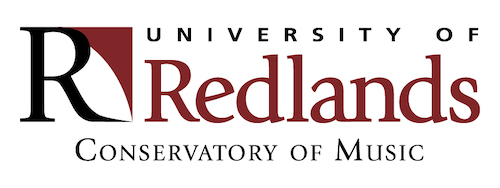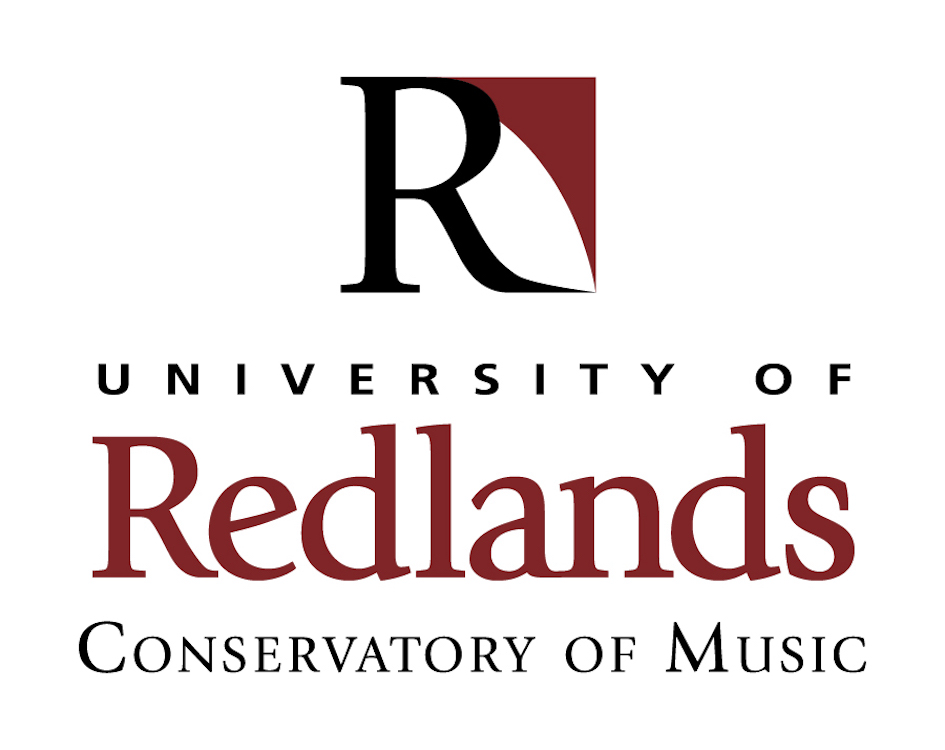The Spirit of Singing "Our age of mechanization leads along a road ending with man himself as a machine: only the spirit of singing can save us from this fate."
Kodály realized that most young people lacked any understanding of music. He called it a state “worse than illiteracy.” As he spent more and more time on the emotional and aesthetic education of school-children, Kodály created a series of choruses for children.
"Teach music and singing at school in such a way that it is not a torture but a joy for the pupil,” Kodály said. “Instill a thirst for finer music in him, a thirst which will last for a lifetime."From the 1930s onwards, Kodály devoted his full attention to composing for the chorus movement, developing hundreds of singing exercises, and expounding his views in essays, articles and lectures.While many today refer to his body of educational work as “The Kodály Method,” this is a term Kodály himself rejected because he and his followers incorporated the ideas of numerous forerunners. From England came the “Curwen hand signs,” to lend a visual and physical sense to the relationship between notes.
The “solfa tradition” goes back to the system of Guido d’ Arezzo in 11th century Italy.“Rhythm syllables,” a system for expressing rhythmic duration, were adapted from the work of Emile Chevé in 19th century Paris. “Movement,” such as stepping the beat and performing rhythmic games, was based on the eurythmics of Emile Jaques-Dalcroze in Switzerland.
All of these techniques, Kodály believed, can help teachers throughout the world to introduce children to the musical literacy found in their own folk songs.
“It is the development of instinctive perception and training, and not sophisticated lectures, that brings people nearer to music.”
In 1966, during a tour of the United States, Zoltán Kodály delivered a lecture at Stanford University attended by Sister Mary Alice Hein, a professor of music at Holy Names University in Oakland, California.
Kodály’s radically democratic vision of universal music literacy greatly impressed Sister Mary Alice. Soon, she and her colleagues began searching out and annotating American folk songs, developing a resource to enrich the lesson plans of music teachers studying at Holy Names University. In 1985, the Holy Names University Folk Song Collection, which includes songs from major and minor regional and ethnic groups from throughout the United States, was designated an official archive of the Library of Congress. It is now available online for music teachers throughout the country who carry forward Zoltán Kodály “spirit of singing.”

